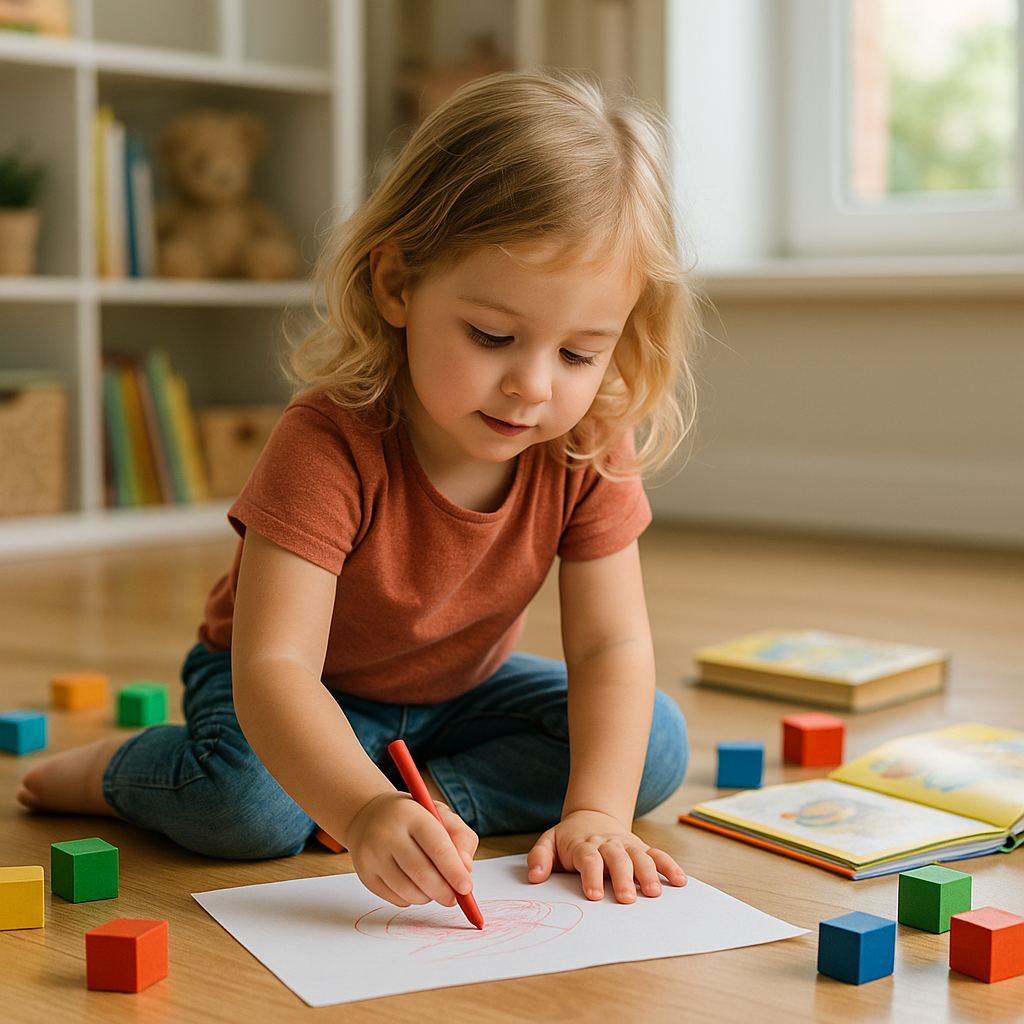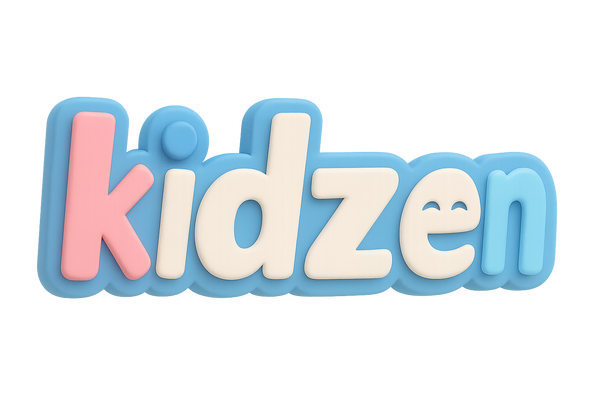
The Long-Term Impact of Early Childhood Play on Future Learning Skills
Share
Introduction
Play is more than fun—it's the foundation for how young children learn. Research shows that the types of play children engage in during their early years—whether creative, physical, or linguistic—significantly affect their long-term academic attitudes and learning performance.
Creative Play Builds Thinking Skills
Pretend play, drawing, and building with blocks stimulate divergent thinking and problem-solving. A longitudinal study by Russ et al. (2004) found that children who frequently engaged in imaginative play scored higher in later creativity assessments, correlating with higher academic performance.
Physical Play Boosts Executive Function
Physical activities like climbing, running, or dancing support the development of executive functions such as working memory and self-regulation. According to a 2010 study published in Early Childhood Research Quarterly, these executive functions predict later success in mathematics and literacy.
Language Play Enhances Communication and Reading Skills
Nursery rhymes, storytelling, and word games develop vocabulary and syntax awareness. A study in Child Development (2007) linked early language play with improved reading comprehension and school readiness by age 7.
Conclusion
The variety and richness of early play experiences help shape a child’s learning style, emotional resilience, and intellectual curiosity—qualities essential for academic success throughout life.
